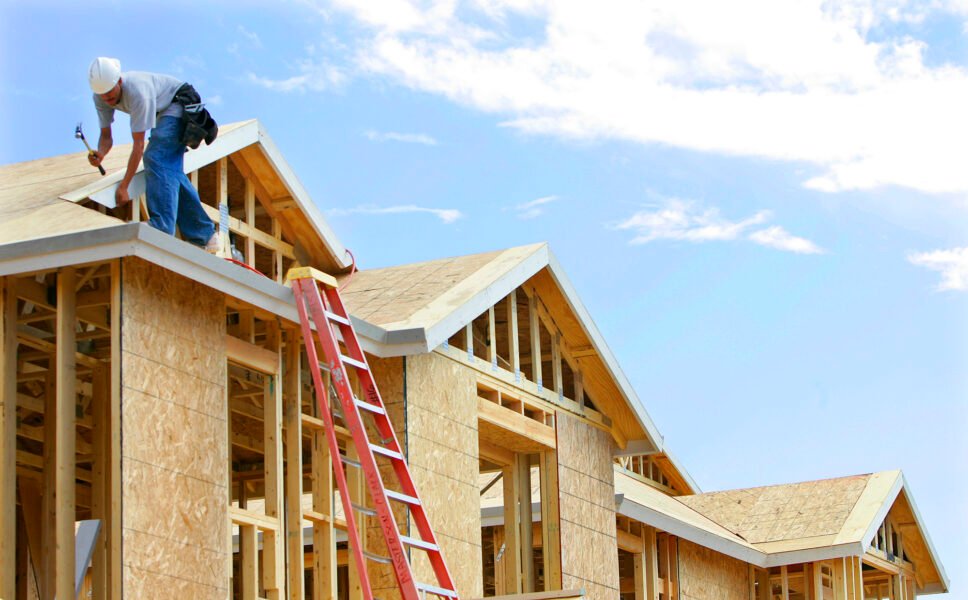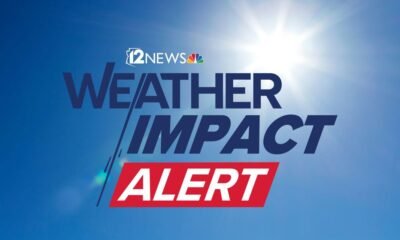Business
‘Starter Homes Act’ Paves the Way for Affordable Housing Boom in Arizona

The Arizona Senate advanced the “Arizona Starter Homes Act” on March 6, aiming to tackle rising housing prices. However, Governor Katie Hobbs has yet to indicate her support for the legislation after previously vetoing a similar measure.
“We want a bill that is negotiated, and as far as I know, everyone is still at the table to create affordable housing for Arizonans,” Hobbs remarked, remaining inscrutable about her decision.
With a vote tally of 16-13, SB1229 garnered bipartisan approval, although many senators expressed the desire for amendments before it moves to the House. The bill seeks to restrict cities with populations exceeding 70,000 from imposing regulations on new home construction, particularly those related to minimum lot sizes and design requirements.
Specifically, the legislation would eliminate mandatory minimum lot sizes for larger homes and disallow requirements for specific architectural elements like garages. Proponents argue these regulations push working-class families out of the housing market by restricting the construction of affordable starter homes.
Senator Shawnna Bolick, the bill’s sponsor, emphasized the urgency of the housing crisis, stating, “I stand on the side to legalize starter homes.” Despite her previous veto, more than half of the Democrats present supported the current bill.
However, the League of Arizona Cities and Towns opposes SB1229, warning it does not guarantee the construction of affordable housing. Their concerns center around implications for urban planning and public safety, echoing anxieties raised during last year’s veto.
Nick Ponder, a lobbyist for the League, expressed disappointment that necessary amendments were overlooked. He argued, “Cities need to plan for growth, and [SB1229] undermines that process.” The League proposes their own version—SB1698—that includes specific income requirements for potential homeowners.
Hobbs maintained that her decision on SB1229 would not be influenced by the League’s stance. She acknowledged existing flaws in the bill, asserting that reducing regulations must lead to more accessible housing options for Arizona residents.
The issue of housing affordability remains a pressing concern among voters, with a recent Noble Predictive Insights poll indicating 40% view it as a top three issue. Rising home prices have prompted many to consider relocation, underlining the urgency for comprehensive solutions.
In January, Arizona’s median home sale price reached $453,000, a significant increase from approximately $285,000 five years prior. “The average first-time homebuyer is now 38 years old,” noted Jake Hinman from the Arizona Neighborhood Project, highlighting the difficulties young families face in achieving homeownership.
While SB1229 has amended some original provisions—such as allowing cities to impose development fees—the underlying concerns regarding affordability and planning persist. Senator Leach remarked on the need for clarity as discussions continue, urging collaboration to prevent futile legislative efforts.


















